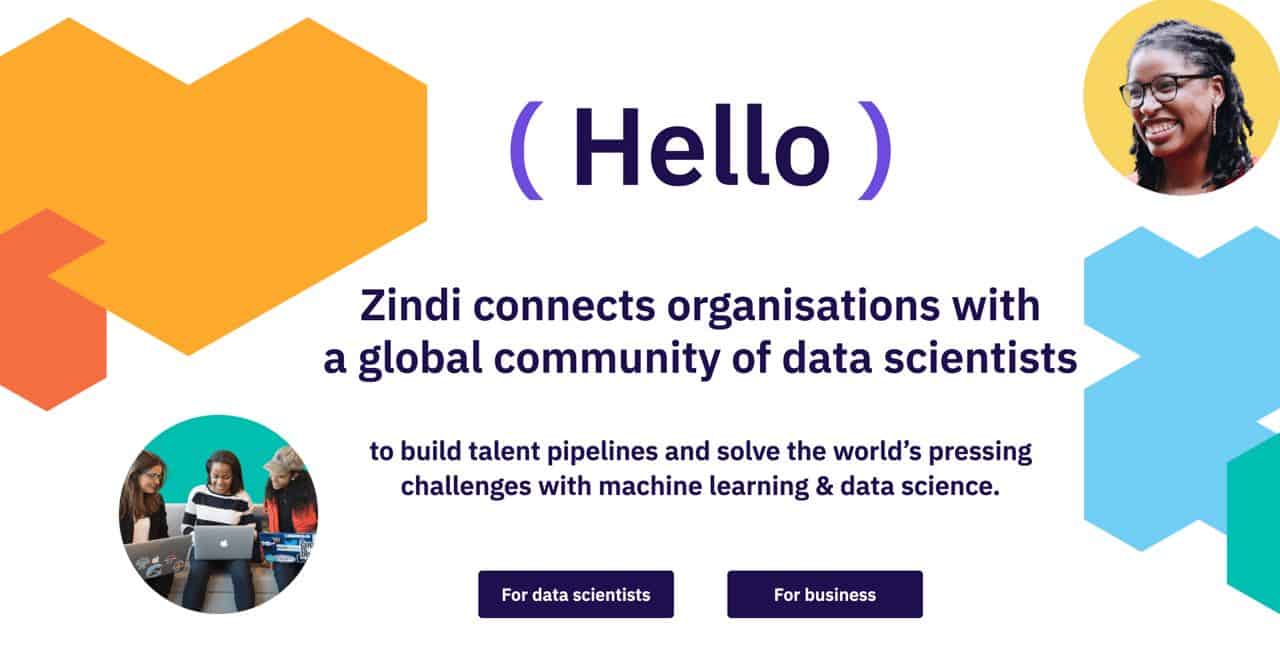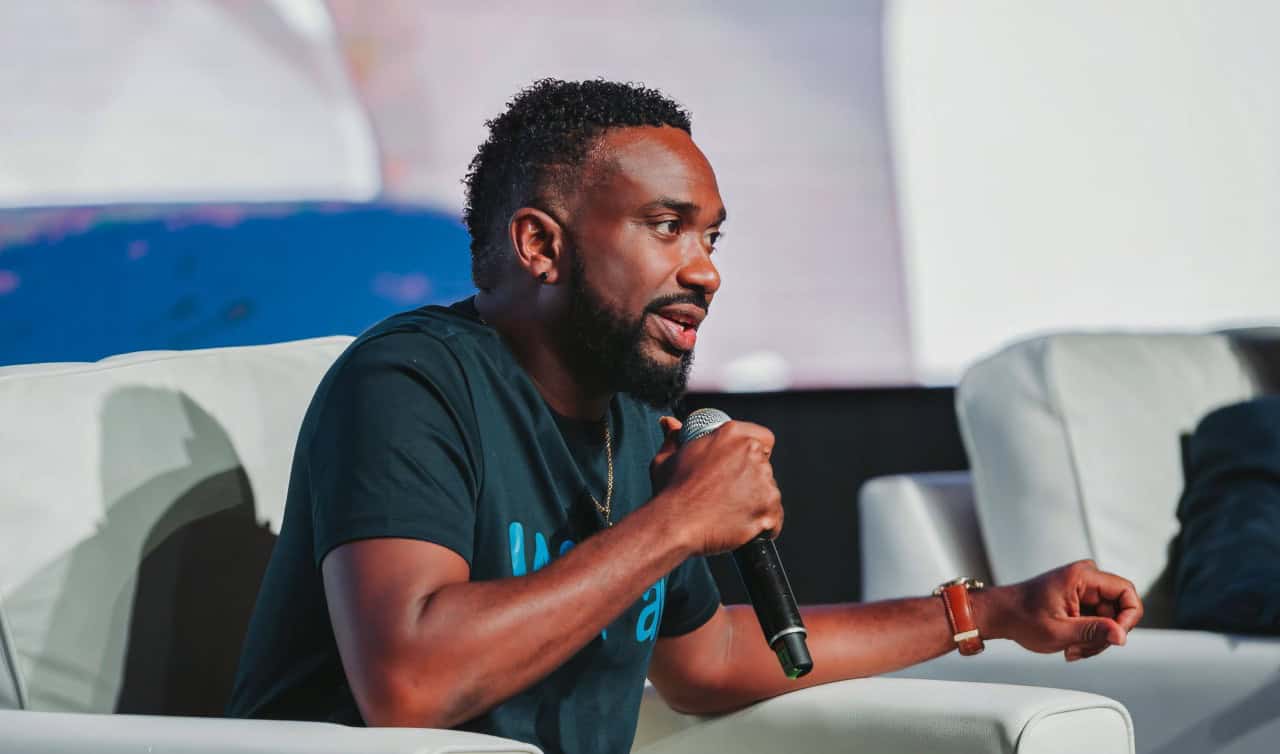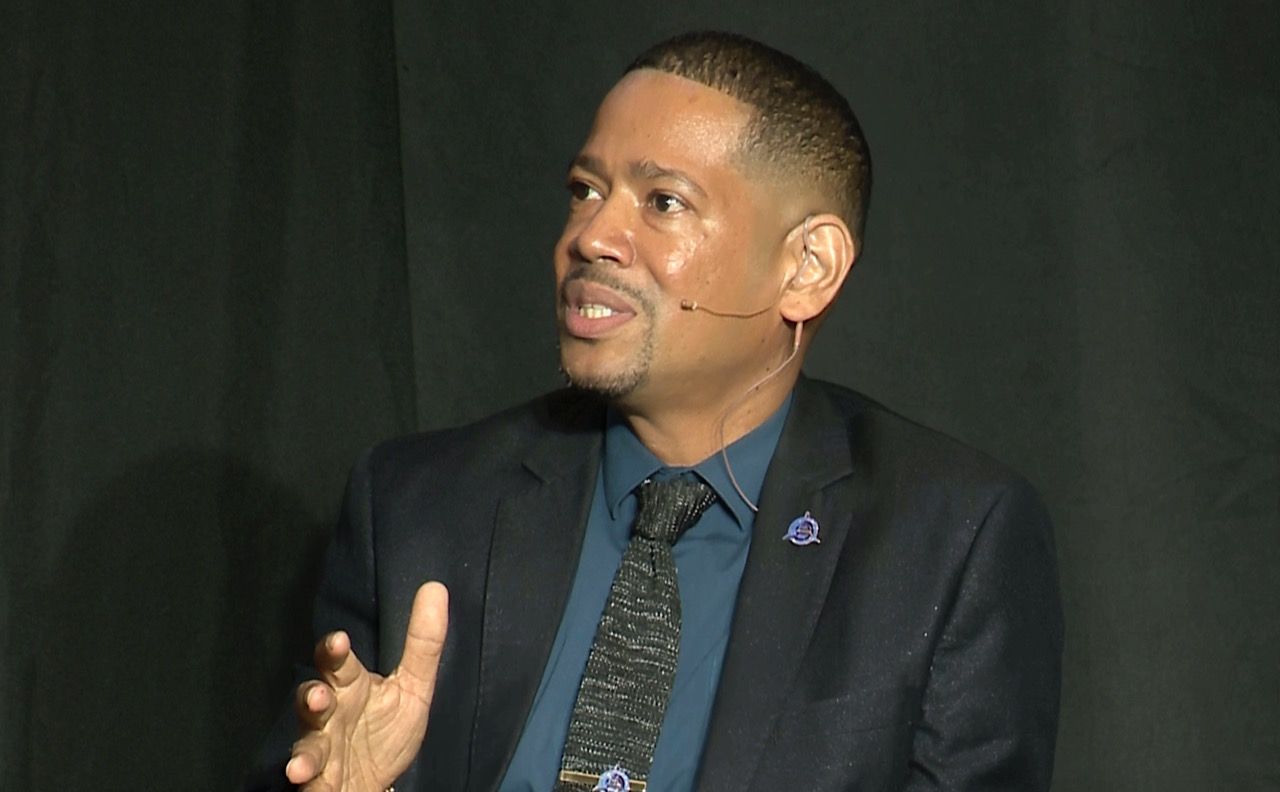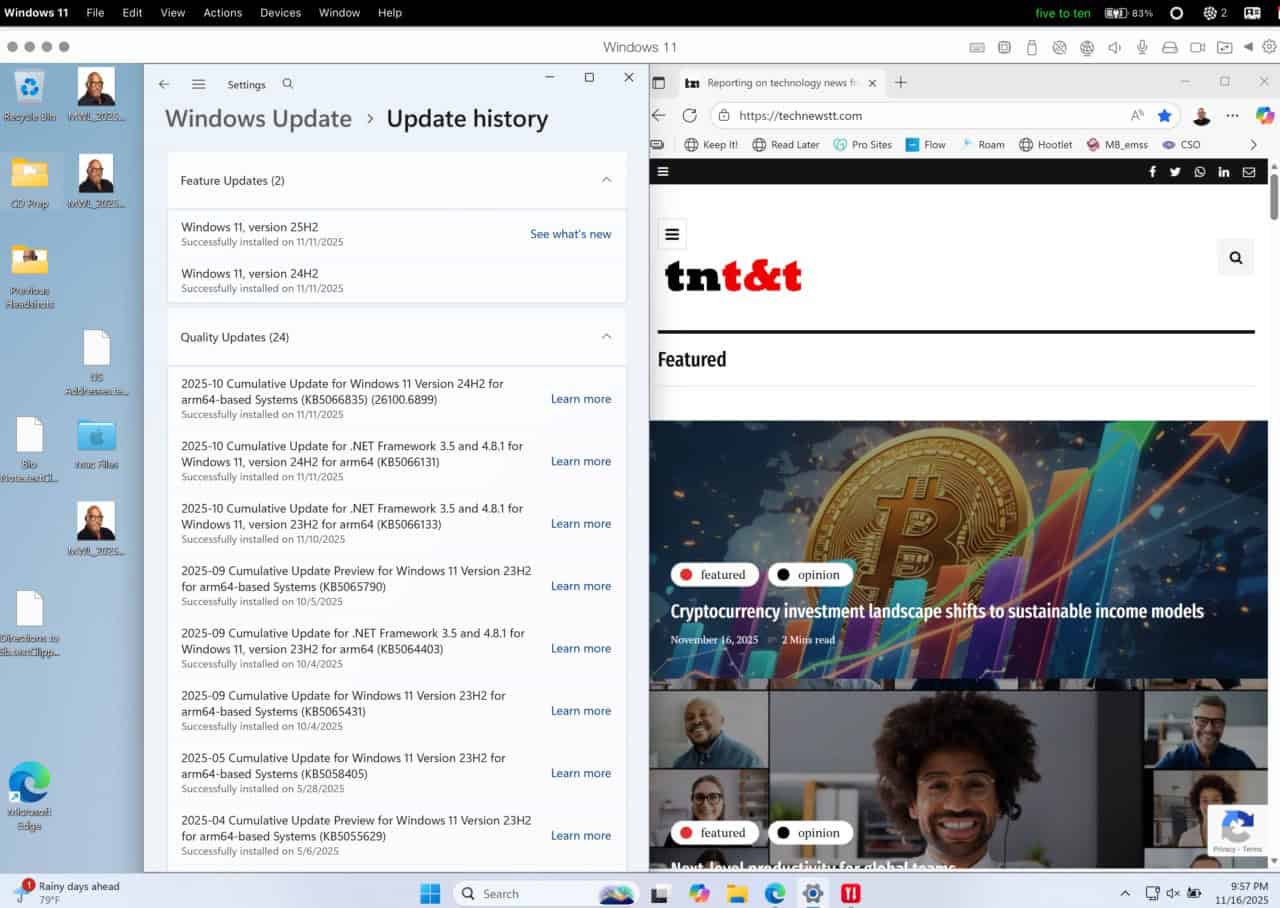
Above: Celina Lee.
In the world of international development, the traditional approach relies heavily on donor funding and nonprofit organizations to drive change. However, my personal journey, spanning over 15 years working with organizations like the World Bank, various UN agencies, international NGOs, and governments, has led me to question the efficacy of this model and champion a new paradigm centered around entrepreneurship and market-driven solutions.
From nonprofit to entrepreneurship: A personal pivot
My transition from the nonprofit sector to entrepreneurship with Zindi, a startup based in Africa, was not just a professional pivot but a deeply personal one. Having dedicated years to working within the confines of traditional development frameworks, I became increasingly disillusioned by the inefficiencies and limitations of donor-funded initiatives.
Zindi’s inception stemmed from a deep-rooted understanding of the African context and a recognition of the untapped potential within the continent’s burgeoning data science community. My co-founders and I, drawing on our collective experience in Africa, data science, and international development, saw an opportunity to harness the power of technology and entrepreneurship to address pressing challenges in Africa.
Challenging traditional approaches
In my experience, the decision-making of donors is subject to rigid mandates and funding restrictions, which trickle down as handcuffs to the implementing organization. We saw the opportunity to serve data scientists and AI enthusiasts, to serve the entire continent, to serve unemployed youth, and we were able to respond to these real market demands exactly as we saw them.
Having been part of a few highly-funded five-year programs and generally being in this space, I witnessed firsthand the perverse incentives and inefficient use of funding that come from pressure from donors to hire a team fast and demonstrate measurable impact in just a handful of years. With Zindi, we were able to take a more nuanced and sustainable approach to drive short-term and long-term impact, prioritizing the creation of market value and sustainable growth.
Despite facing numerous challenges along the way, Zindi has defied the odds, achieving remarkable success with limited resources. In its five years of existence, Zindi has received less than $2 million in funding yet has managed to improve career opportunities for thousands of people, distribute over $600,000 into the hands of data scientists and AI practitioners on the Zindi platform, to work with some of the biggest-named clients in the world, and grow into the largest platform for data and AI practitioners in Africa, which today standing at over 70,000 members across 190 countries worldwide, including 52 African countries.
We have not only achieved financial sustainability but have also empowered thousands of individuals across Africa to build their skills, networks, and careers in data science.
Expanding Zindi’s impact: Making AI accessible for everyone
Our journey with Zindi is not just about building a successful business, it is fundamentally about a different vision for the global AI market. Zindi’s mission is to make AI accessible to everyone.
Africa’s potential to harness the power of AI is immense. Africa is home to the fastest growing working age population in the world. By 2050, 25% of the world’s population will be in Africa. With its growing digital infrastructure and rising education levels, the continent is primed to become a hub for AI innovation.
Zindi is changing the narrative about Africa by one person at a time. I was recently at an event in South Africa where I met a young man named Alex who has been on Zindi for four years now. He joined Zindi during the COVID lockdown when he had to stop his training to become a chef. He was stuck at home, and decided to teach himself programming and data science using free content on platforms like YouTube, Coursera, and Udemy, and then he found Zindi.
He started entering the challenges posted on Zindi by our clients. He built a computer vision algorithm to identify customer actions for a South African retail company to enable autonomous shopping. He helped a non-profit in Uganda use satellite data to measure air quality on the ground in Uganda. He did all of this while unemployed. About one year ago he got his first job as a data scientist.
There are countless stories like Alex’s on Zindi. Ultimately, our goal at Zindi is to make AI accessible to everyone. This takes three important forms. First, we aim to ensure that young people in Africa and other Least and Middle-Income Countries (LMICs) have access to career paths to a high-value, globally-competitive field like data science and AI. By providing them with the skills, networks, and opportunities they need to succeed, we are not only unlocking economic potential but also fostering social mobility and inclusion.
Second, we are committed to ensuring that organizations, businesses, and governments in Africa and other LMICs have access to the talent and solutions they need to thrive in the digital age. By connecting them with a diverse pool of data scientists and AI practitioners on the Zindi platform, we are catalyzing innovation and driving sustainable growth. We have just launched a project with the Ministry of Digital Economy and Transformation in Togo to help mobilize the data science community to build AI algorithms to extract insights into demand for internet connectivity across the country while also using this challenge on Zindi to recruit top talent to hire for the government’s new Data Lab.
Finally, we believe that AI solutions are most effective when they are built by individuals who understand the opportunities, needs, and challenges on the ground. By empowering local talent to drive AI innovation, we are ensuring that solutions are contextually relevant, impactful, and sustainable. The Zindi community has helped build an app for people who cannot read, to use a chatbot to help find their bus in Dakar, to use machine learning algorithms to improve the accuracy of low-cost air quality monitors in Kampala, and develop AI algorithms to predict flooding in Malawi.
Our journey with Zindi extends beyond mere business success; it embodies a commitment to driving positive change and harnessing the potential of AI for global good. Not only are we driving economic and business growth and competitiveness in Africa, but we are also spearheading new AI innovations specifically tailored to the African context while creating opportunities for individuals that never existed before. As a start-up company, with no donor funding, we have fostered collaboration among diverse stakeholders. Collectively, we are shaping a more inclusive, equitable, and sustainable future for all.
About the author
Before becoming the CEO and co-founder of Zindi, Lee was the Head of Financial Inclusion for Ixio Analytics, a data science company . Celina Lee previously held positions of Director of The Centre for Financial Regulation and Inclusion as well as a facility lead for Insight2Impact.
In the past Celina took on several advisory roles for niche consultancy companies specializing in financial inclusion data and evaluation systems. This San Francisco native is a graduate from Columbia University school of Engineering (Bsc) with a Masters in International and Public Affairs focusing on Advanced Policy Economic Analysis and a concentration on quantitative analysis.







































